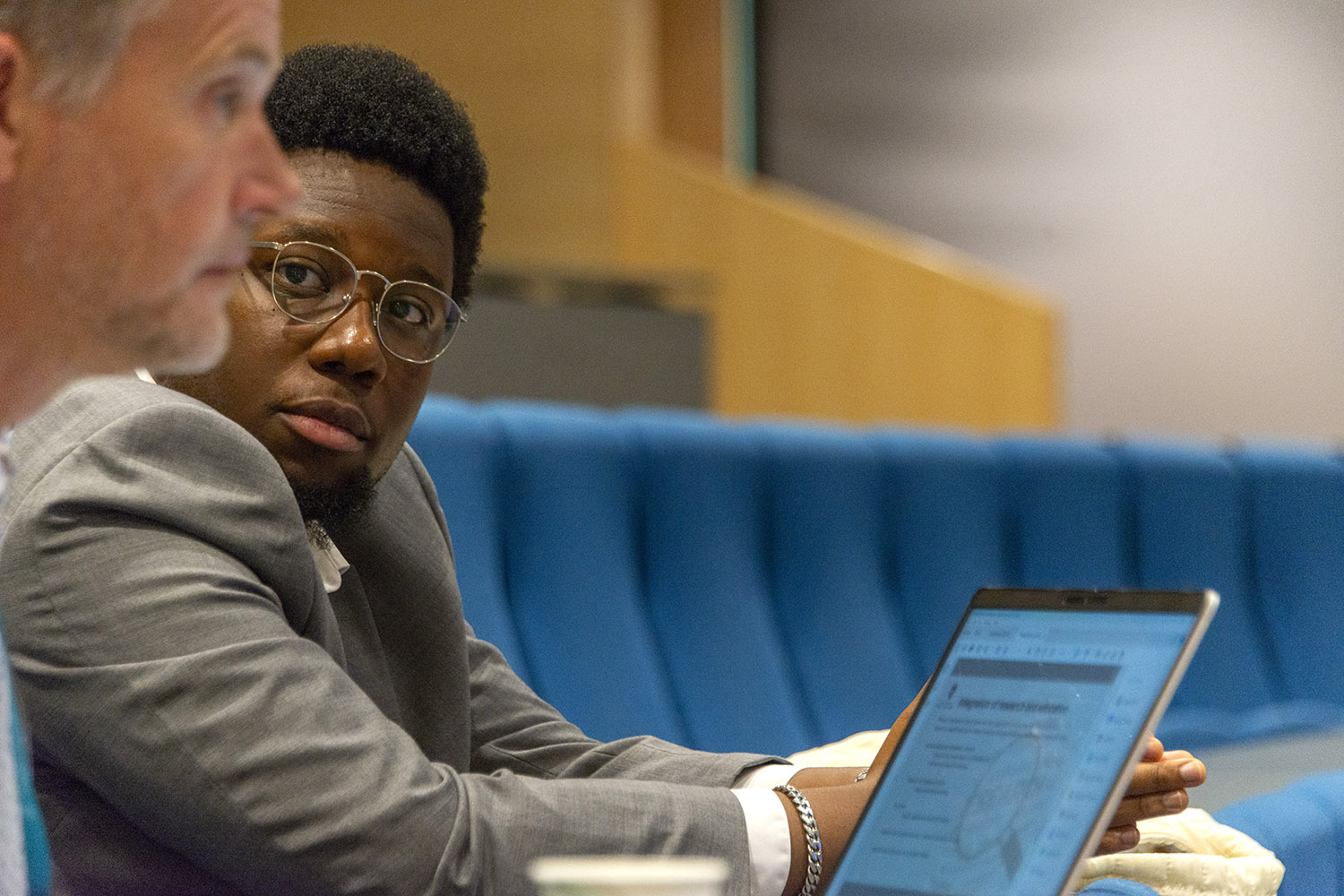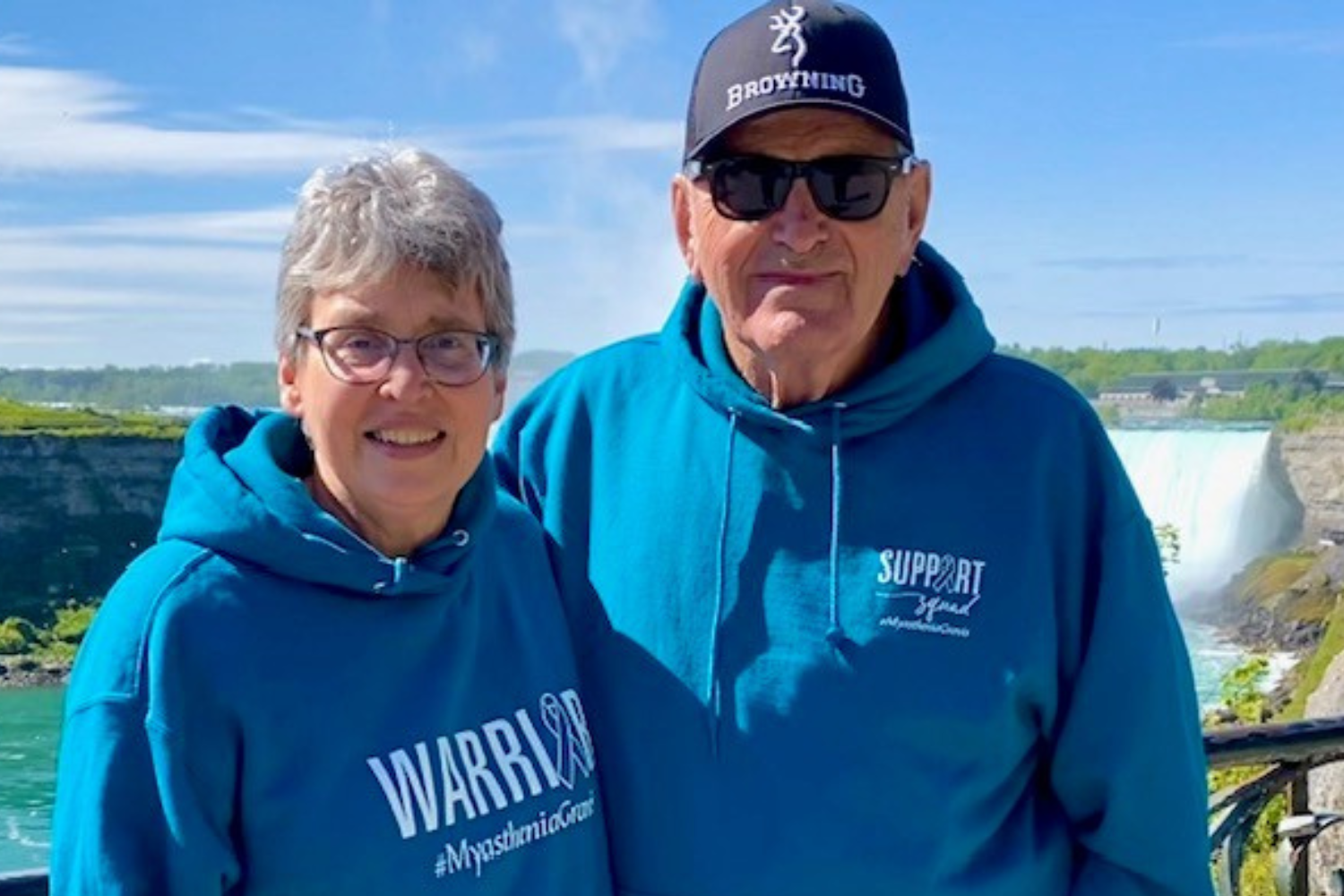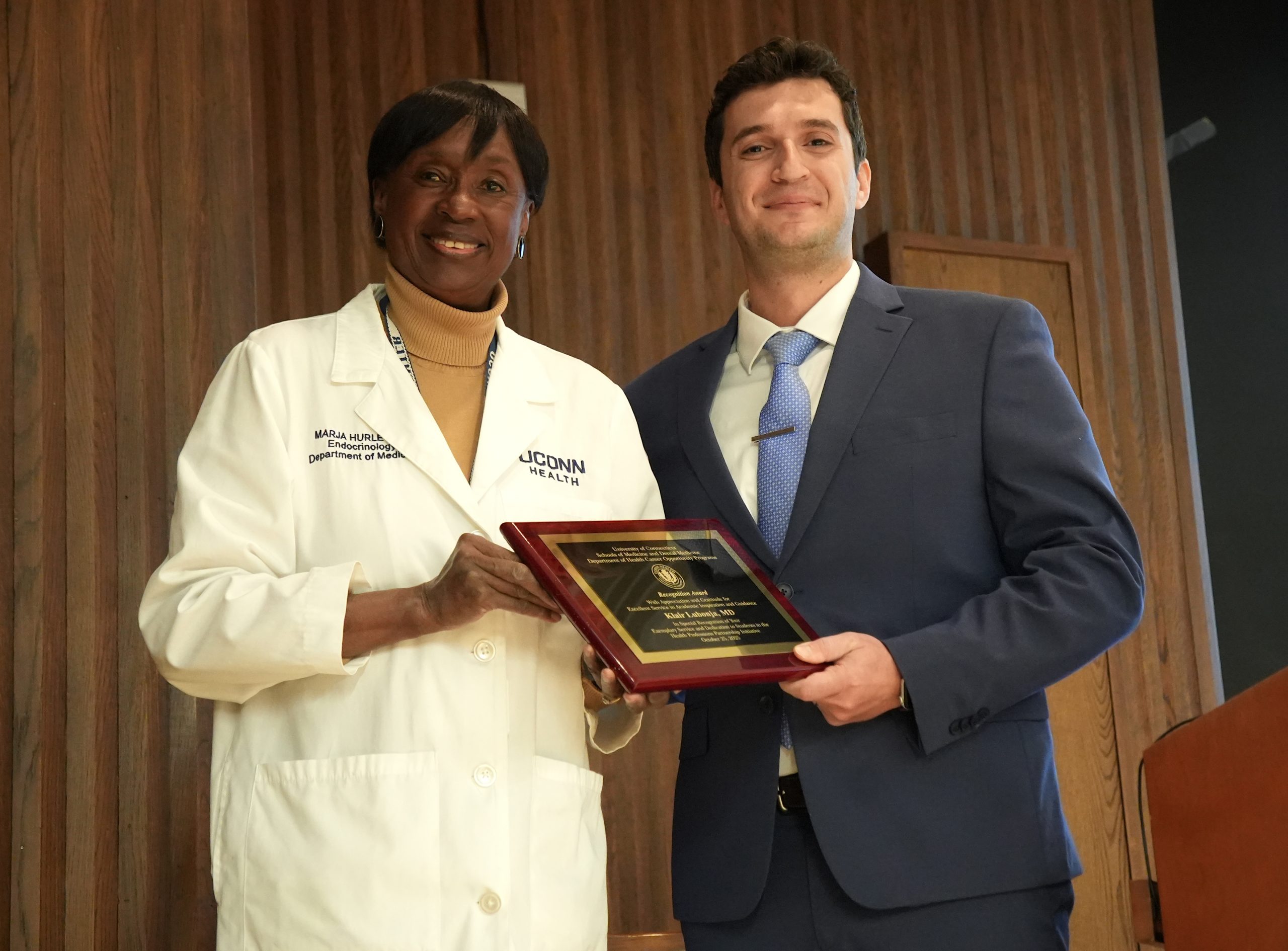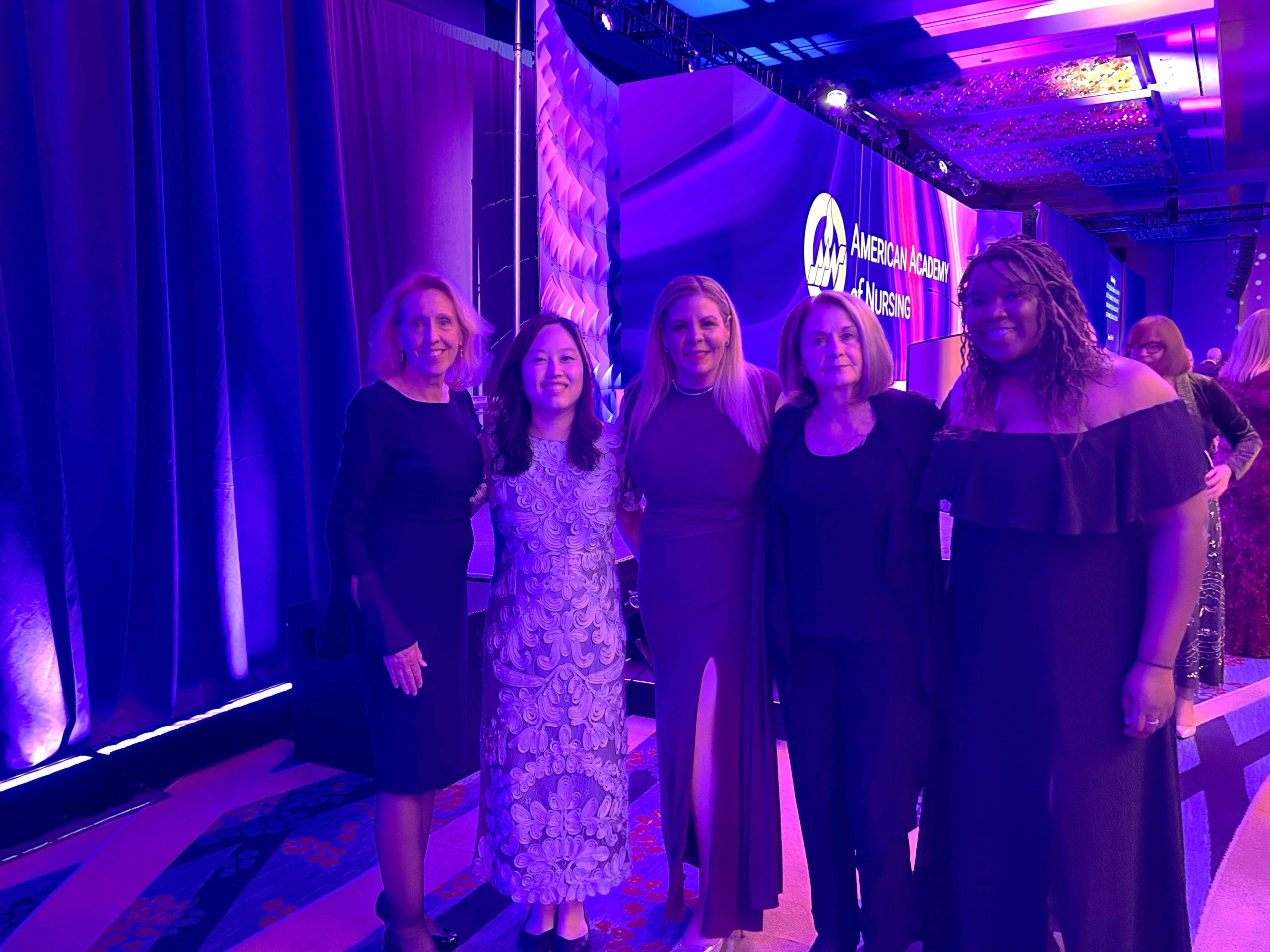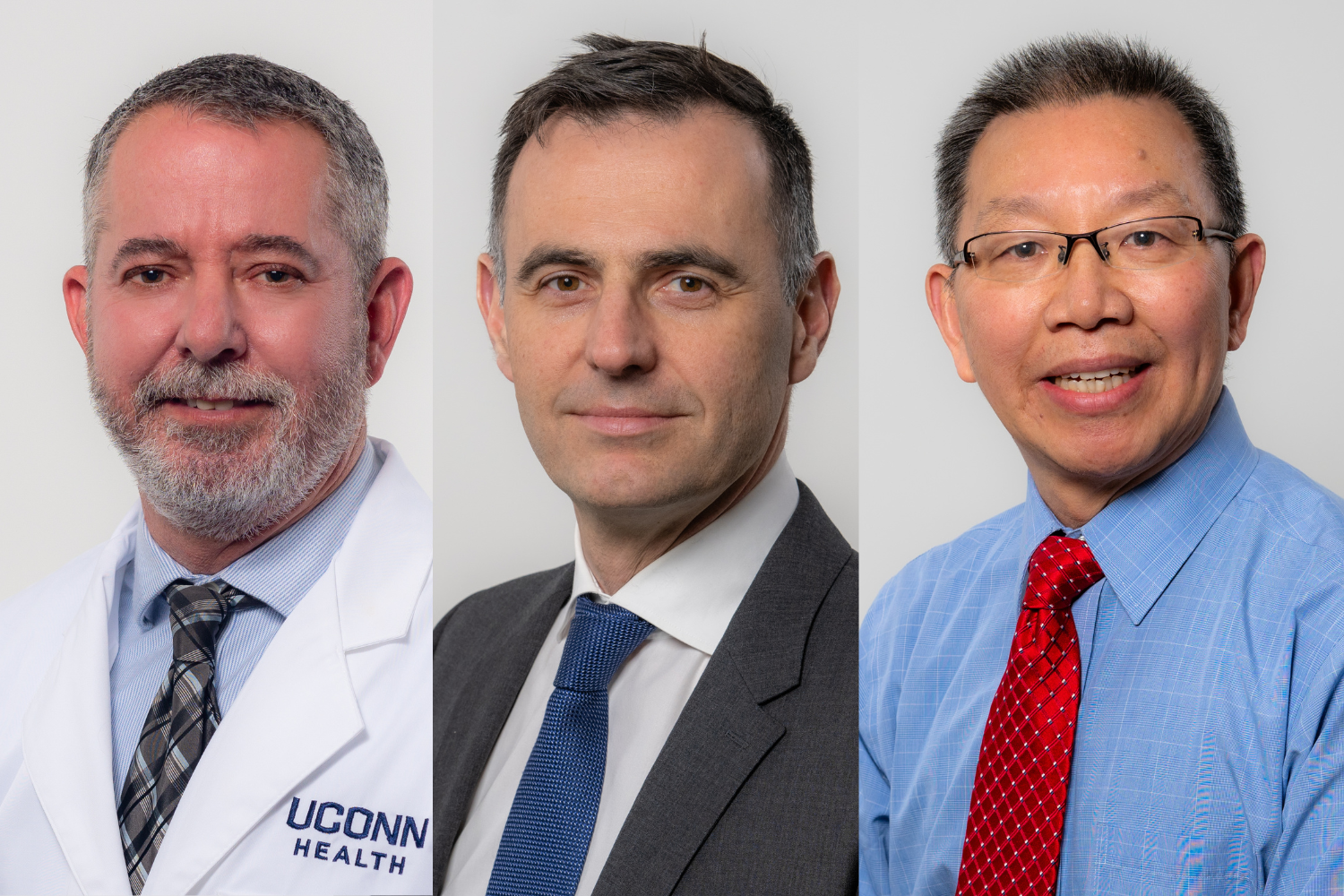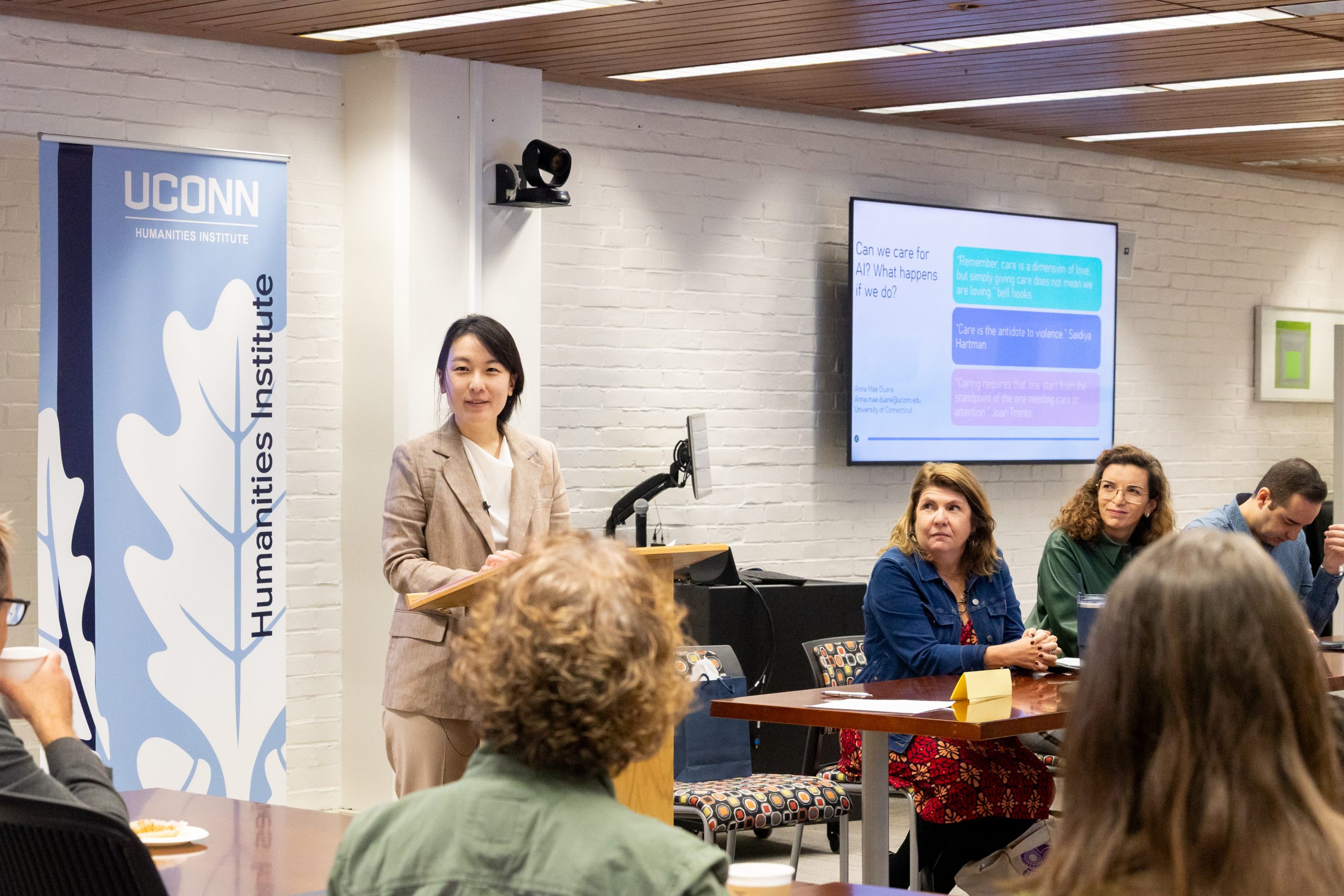MPA Alum Gains Insights From Norway’s Correctional Model
The handshakes were among the first things that stood out to Chidi Nwuneli ’25 MPA.
In Norway’s correctional system, incarcerated individuals aren’t confined behind bars. On this day, they greet their visitors warmly – with handshakes.
That simple gesture of human connection set the tone for the International Justice Exchange’s recent immersion trip to Norway, where Nwuneli and other stakeholders from Connecticut explored correctional models that emphasize dignity, trust, and rehabilitation.
“We all have this perception of what an incarcerated person looks like,” says Nwuneli, a recent graduate of UConn’s School of Public Policy and a current grants and contracts specialist at the Criminal Justice Policy and Planning Division of the Connecticut Office of Policy and Management (OPM). “In Norway, the focus is on humanizing the person, not the punishment.”
The International Justice Exchange, supported by UConn’s Institute for Municipal and Regional Policy (IMRP), helps Connecticut leaders develop and implement effective, humane laws and policies, and supports correctional staff in adopting practices that strengthen the state’s justice system and improve outcomes.
Held Sept. 7-12, the recent trip offered participants an in-depth look at the Norwegian Correctional Service. It was coordinated by IMRP in partnership with Amend, a program based at the University of California, San Francisco.
For Nwuneli, the visit offered an opportunity to gather insights and reflect on global practices that could inform the funding and policy work he manages at home.
“Seeing it work somewhere else might inspire us to reflect on what we’re doing here,” he says.
From UConn to Public Service
A New York City native, Nwuneli moved to Hartford for his first job at OPM after earning his bachelor’s degree in political science from Quinnipiac University in 2020. His early work focused on criminal justice projects related to the COVID-19 response.
He pursued his Master of Public Administration (MPA) at UConn’s School of Public Policy, earning his degree in 2025, while continuing full-time at OPM.
“UConn’s program stood out for its strength in public finance and government project management, which aligned with my interests,” he says.
Today, Nwuneli manages a portfolio of federal and state grants supporting reentry services, community-based violence prevention, behavioral health interventions, and other justice initiatives.
“Our division’s work includes all criminal justice areas from diversion and pretrial to post incarceration,” he says. “Seeing how Norway approaches all stages of the justice system, both before and after incarceration, was invaluable.”
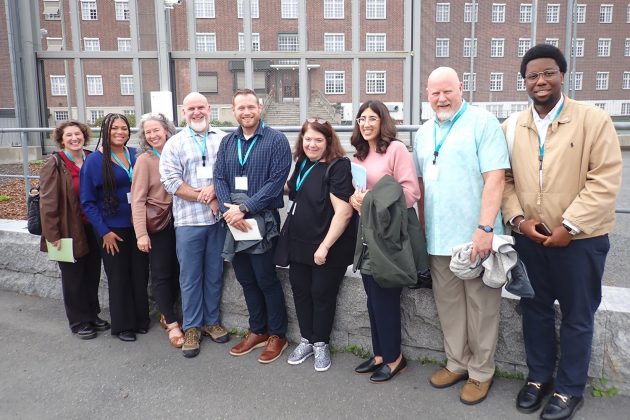
Lessons in Humanity
Nwuneli was joined on the trip by other Connecticut stakeholders, including OPM undersecretary for criminal justice Daniel Karpowitz and personnel from the Connecticut Department of Correction (CTDOC).
While in Norway, they toured several facilities, including Ringerike, Indre Østfold, Halden, Ila, and Bastøy prisons. They also met with correctional officers and incarcerated individuals, participated in workshops on rehabilitation practices, and shared a meal prepared by those in custody.
“They have access to fresh food and cook communally,” Nwuneli says. “They have far lower levels of chronic illness in their incarcerated population than what we accept here.”
At the Correctional Service of Norway Staff Academy, participants observed how correctional officers receive two years of training, far longer than the 14 weeks typical in Connecticut. Many Norwegian officers come from backgrounds in social work, education, or mental health, according to Nwuneli.
“They bring those experiences and became corrections officers trained to help people,” he explains. “In the U.S., most of our corrections officers lack that experience and have to be taught the humane side.”
Bringing It Home
While this was Nwuneli’s first immersion trip to Norway, it was the third for Andrew Clark, director of UConn IMRP.
Clark first visited Norway with the International Justice Exchange in 2022. Since then, he and IMRP have formalized the partnership with Amend, expanding opportunities for UConn and other Connecticut public institutions to engage in cross-cultural learning with international collaborators.
“This trip allowed us to visit different facilities and to spend more time understanding how training at the academy is fully integrated into the correctional system,” says Clark.
In November, another delegation will return to Norway as part of ongoing efforts to engage with international partners and bring best practices back home, according to Clark.
“Each time we go, we gain valuable feedback about our work in Connecticut relative to other states and jurisdictions,” he says.
The experience was particularly informative for Nwuneli, who noted that incarcerated individuals in Norway remain active citizens — with the right to vote — and face no permanent stigma upon release.
“You did your time, and you’re done,” he says. “There’s no post-incarceration registry or ‘Scarlet Letter’ following you.”
Nwuneli says his experience from Norway — and his ongoing connections with UConn — will help guide his work in Connecticut aimed at improving reentry outcomes and rehabilitation.
“I don’t think we can solve this on one trip, but I do think it puts us in the right direction,” he concludes. “The insights gained will help guide how we shape and fund pilot programs moving forward.”
Latest UConn Today
- UConn Health’s Myasthenia Gravis Program: Giving Patients their Life BackUConn Health’s Comprehensive Myasthenia Gravis Program is helping patients rediscover strength and independence through advanced, compassionate care. For many, it’s more than treatment - it’s getting their life back.
- UConn Medical School Alum Dr. Klair Lubonja Inspires CT YouthHe was the visiting keynote speaker for the 2025 Bridge to the Future Health Career Pathways Mentoring Conference at UConn Health
- American Academy of Nursing Inducts Eight UConn-Affiliated FellowsEvery Connecticut Inductee for the American Academy of Nursing 2025 Fellows is affiliated with the University of Connecticut, including three Elisabeth DeLuca School of Nursing faculty members.
- Faculty in the Spotlight – Fall 2025UConn School of Medicine Applauds the Excellence of its Faculty Members Dr. S. Brett Sloan, Dr. Michael Weber, and Dr. Guangfu Li
- Michelle Cote Named Interim Director of UConn’s Werth Institute for Entrepreneurship & InnovationA two-time UConn alumna with a B.A. and M.B.A., Michelle brings extensive experience in entrepreneurship education and innovation ecosystem development
- AI Across the AtlanticUConn Humanities Institute hosts international AI symposium



